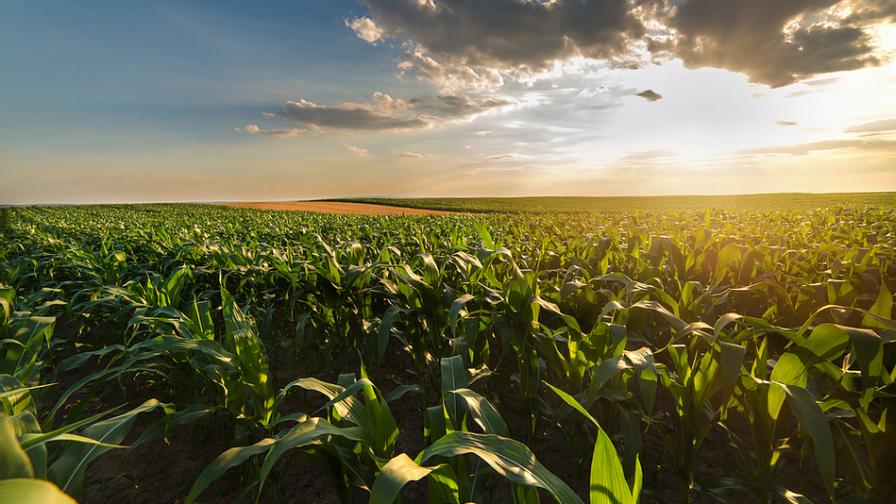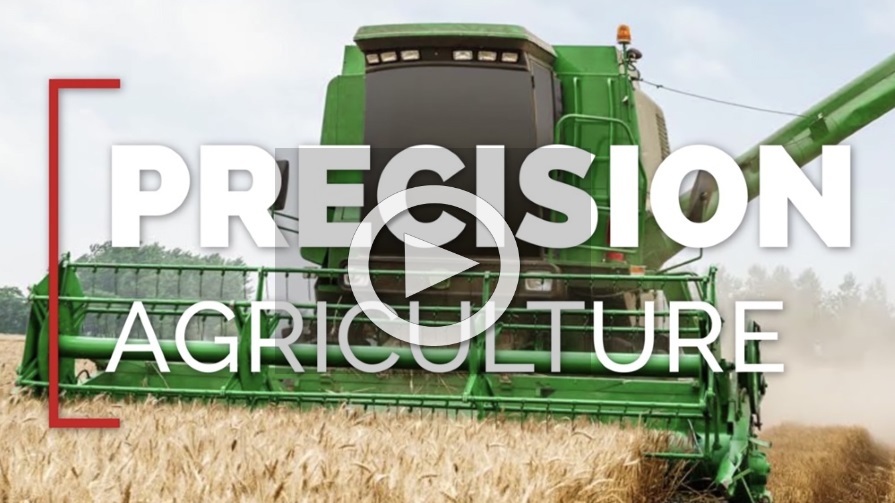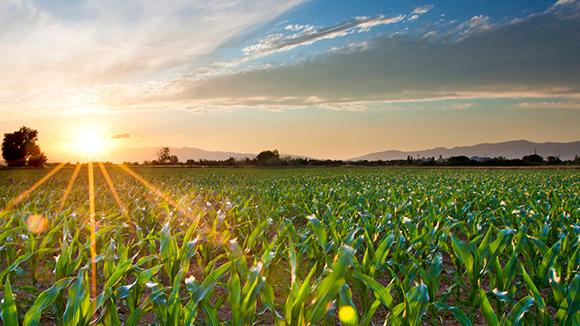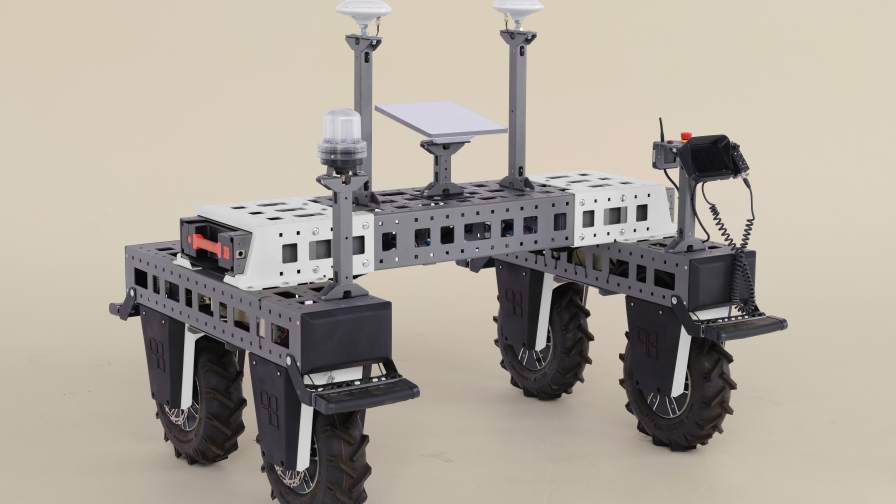Disrupting Agronomy? Mental Models for Why the Future of Agronomy Is AI-Augmented Not Automated
Editor’s note: In a recent issue of Upstream Ag Professional, agribusiness analyst Shane Thomas provides insight into why maintaining a “human-in-the-loop” approach ensures that farmers can confidently adopt AI-driven tools while still relying on agronomists for personalized advice. Here’s a summary of that article:
In the Daily Scoop podcast, Bushel co-founder Ryan Raguse discusses the future of artificial intelligence (AI) in agriculture, specifically focusing on its role in crop protection and fertilizer recommendations. Raguse believes that within the next three years, AI will automate much of the decision-making regarding fertilizer and chemical recommendations for farmers who maintain good data. However, he clarifies that a “human in the loop” will still be necessary in most cases, implying AI will augment rather than replace agronomists.
A key discussion point in the podcast is the process of making crop protection or fertilizer recommendations. This involves gathering information about the farmer’s needs, searching for the appropriate products or solutions, and selling the recommendation to the farmer. Each step presents different challenges for AI. While AI can assist with tasks like broad searches or data aggregation, complex decisions, especially those with high financial stakes, require human judgment and creativity. Agronomists excel in these areas, particularly when dealing with edge cases, where AI struggles.
Raguse emphasizes that while AI can speed up straightforward tasks, it cannot fully replace the human aspect of agronomy. For example, selling a recommendation to a farmer requires trust and confidence, elements that AI alone cannot provide. In the same way patients may distrust AI in medical diagnoses, farmers are unlikely to rely solely on AI for high-stakes agricultural decisions.
MORE BY SHANE THOMAS
Carbon Robotics Introduces G2 Product Line: Will Laser Weeding Eliminate Herbicides in Row Crops?
Language Model Capacity and Agronomic Prowess: Are We Measuring What Matters?
For AI to replace agronomists entirely, significant improvements in data integration, memory, context, and emotional intelligence would be needed. Although AI can handle 80% of simple decisions, agronomists will continue to refine and finalize recommendations. Ultimately, Raguse predicts AI will help eliminate mundane tasks, reduce errors, and enhance the effectiveness of those who embrace it, but it will not replace agronomists anytime soon.
For more in-depth coverage, visit Upstream Ag.










